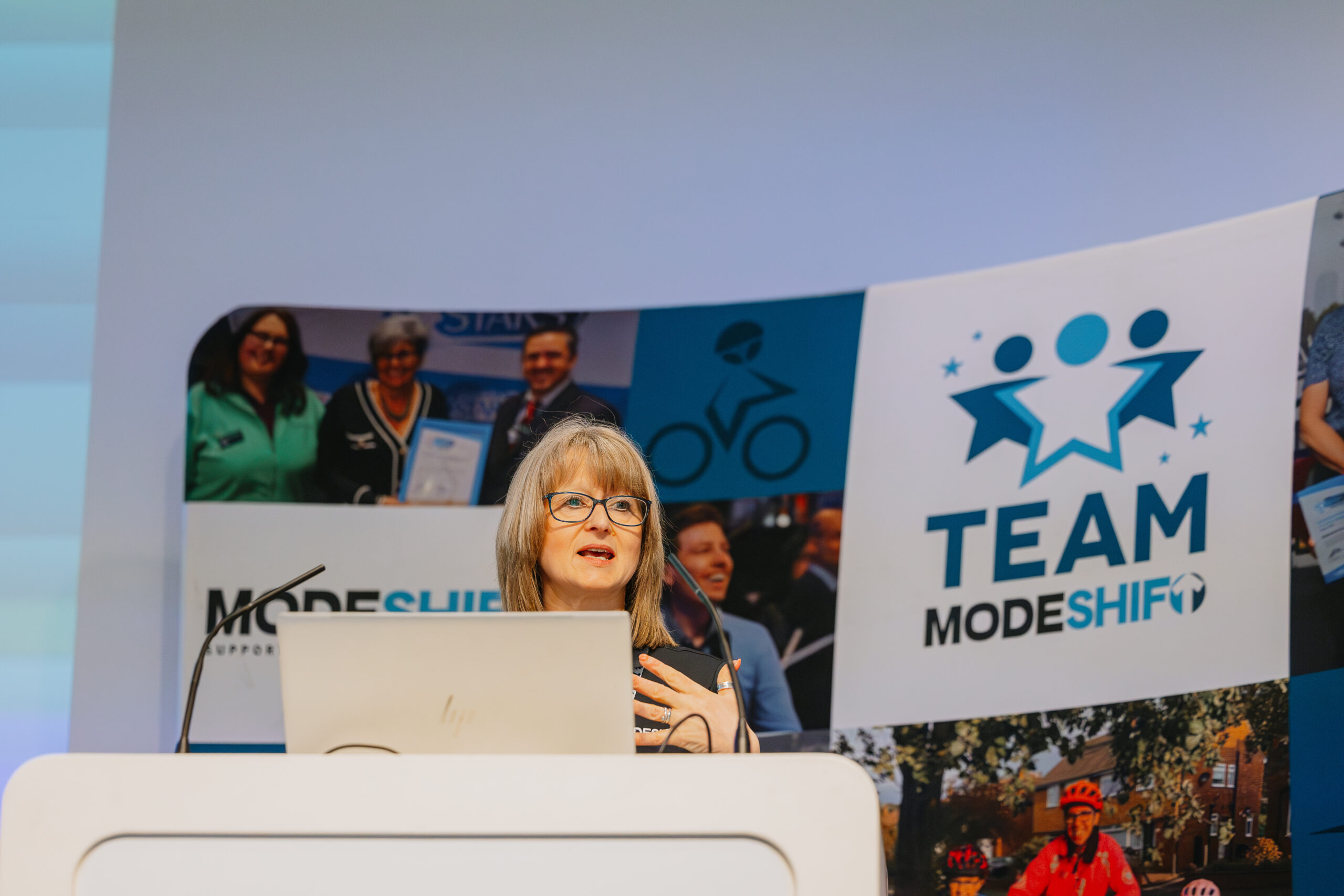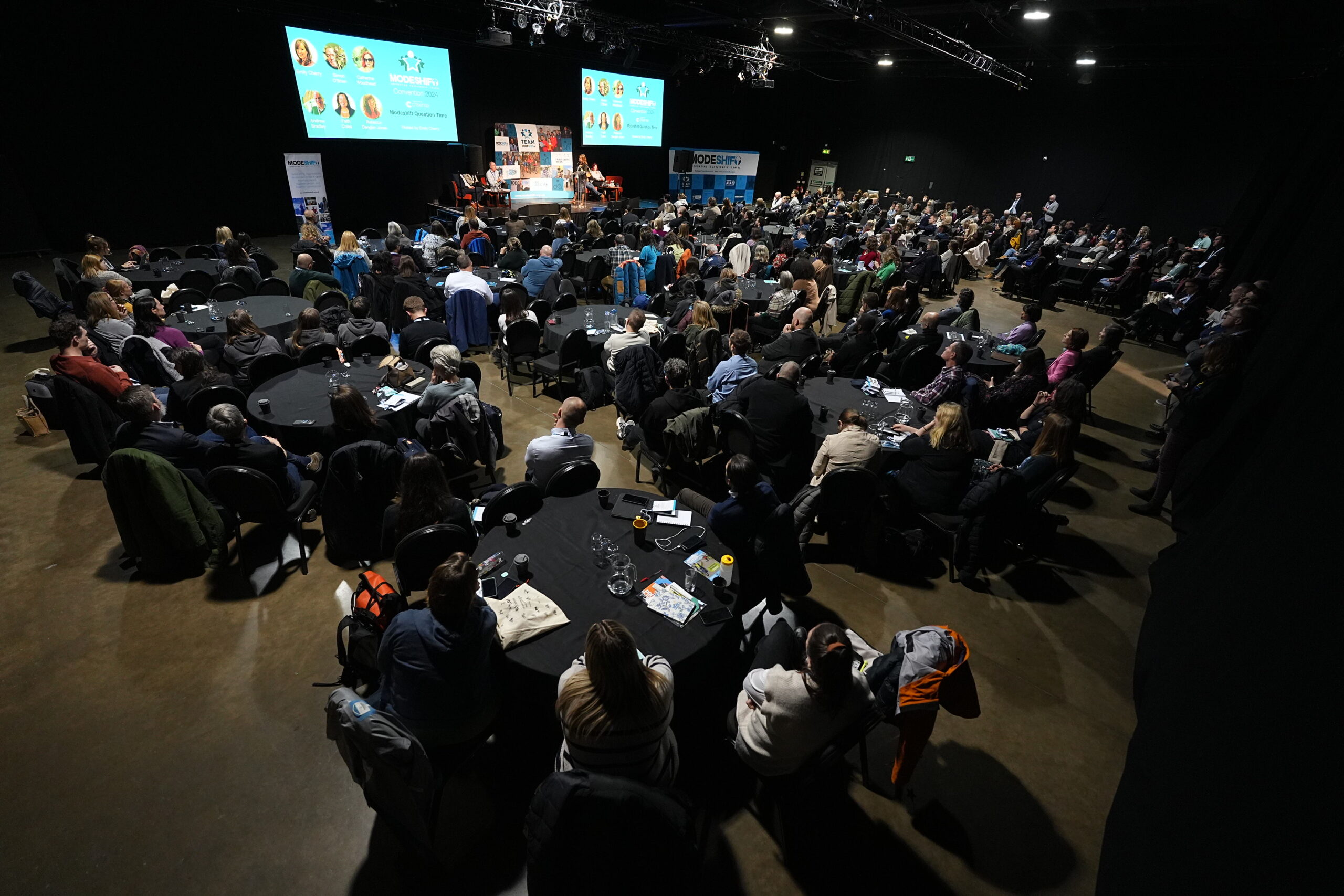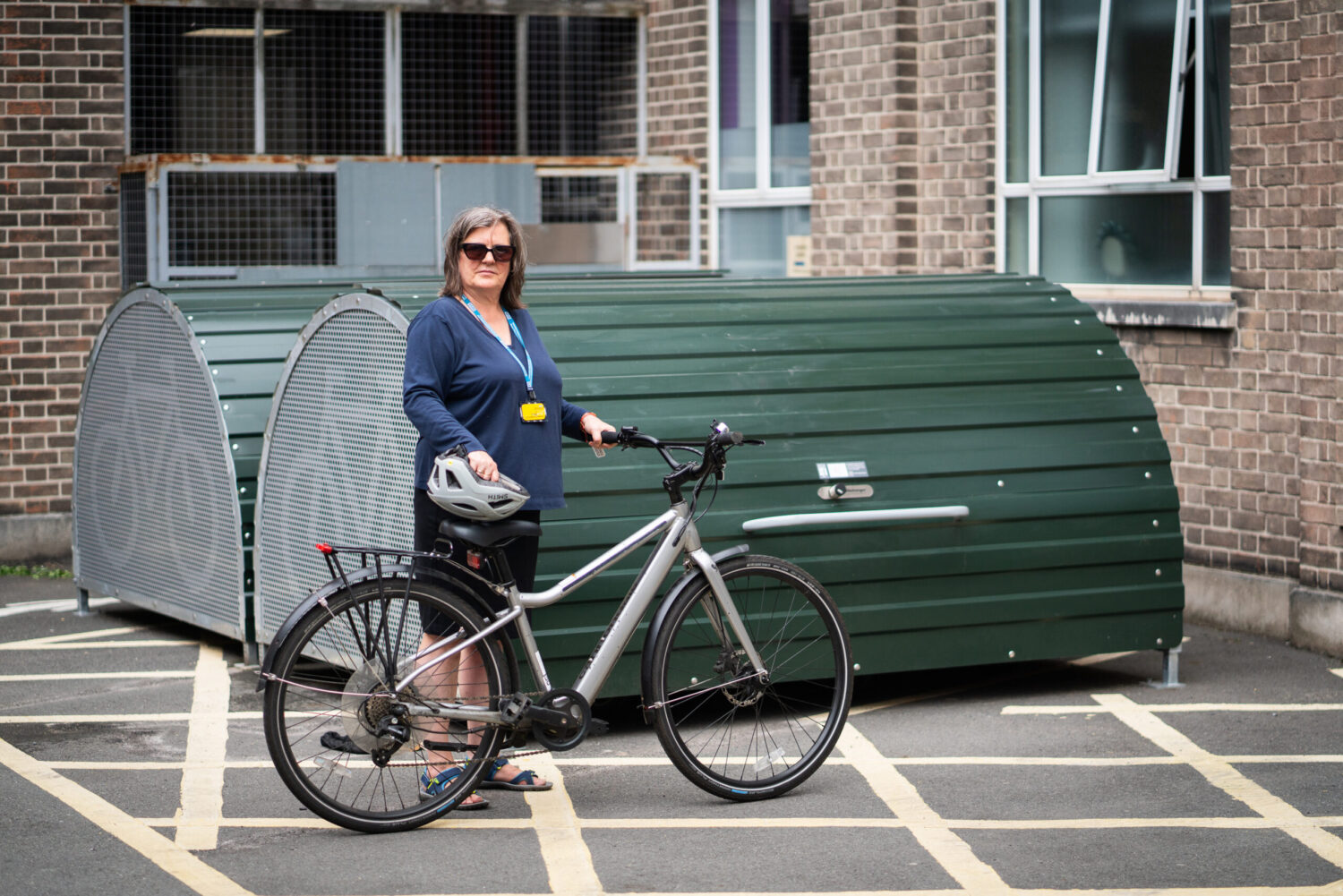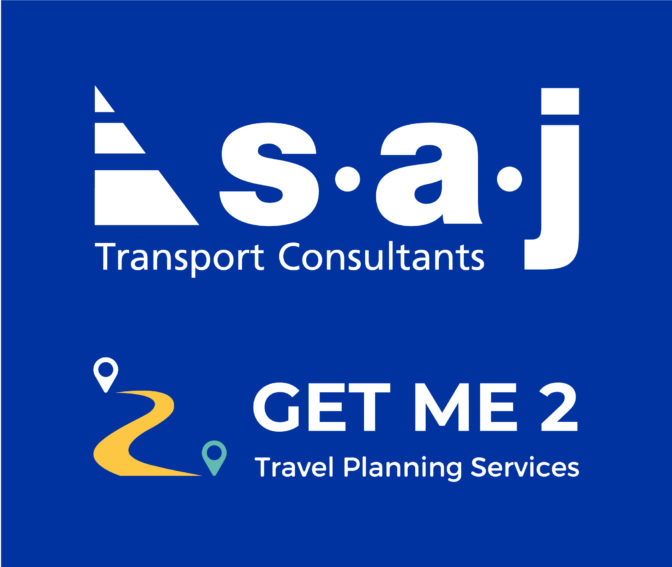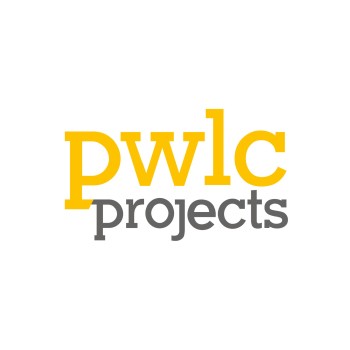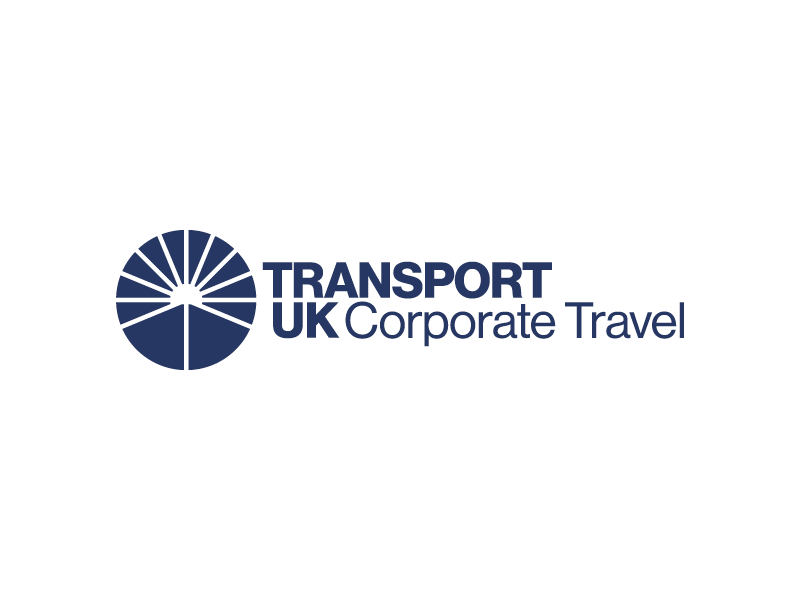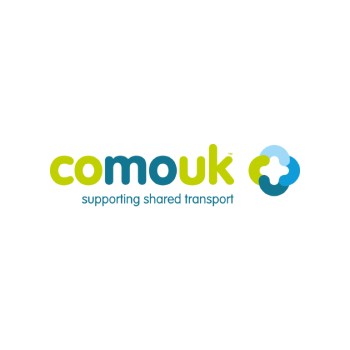Meet Modeshift Honorary Member – Rosemary Mullen
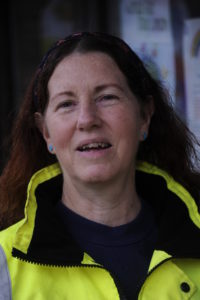
Place of work:
Cambridgeshire – pretty much the whole county
What is your role within your organisation?
Road Safety Officer, School Travel Plans and Sustainable School Travel
How long have you been working in this industry?
I started working in sustainable travel in Cambridgeshire in 2003, I joined the Safer Routes to School team. It was my dream job, to work with schools and to help people have safer more active travel. I was encouraged to develop resources for schools and community events and worked in a team who were passionate about the work they were doing.
When did your Team Modeshift journey begin?
In 2010 when the Safer Routes to School Project ended, and I was winding up the work we had been doing as a team with schools, I knew the need was still there to support schools and communities and not just abandon them after all the work we had done. I wanted to find a way to continue to help them with their school travel issues, help them to get what they needed to make sustainable, safer travel possible, but I also had to do it without the budget I had previously had, and the team resource I had enjoyed. At this point I was the only person left from a team of 6 which had included 2 School Travel Advisors. I investigated the Modeshift STARS system which I had heard about from the School Travel Advisors, and basically had a speed learning course on School Travel planning. It was a time of huge upheaval in the county, but I had the support of my new manager, the Road Safety Engineering team leader, and colleagues in other teams such as county planning and rights of way officers. They helped me learn about travel planning, and I signed up to use the Modeshift STARS online system which was then in its early days. It was a super way to work with schools, I could help them to address issues, evidence need and help them with their planning applications using the STARS system. It also enabled me to have a good overview of the resources needed to promote and support sustainable travel in schools and to create resources for schools that met the needs they had identified in their STARS travel plan.
I was able to work with the former Safer Routes to School service users, and having the online system meant that I could cover the whole county. I could talk people though using the travel planning system without having to go out to schools each time as I had done prior to 2010. I was also able to draw on the school staff expertise and have them support each other with sustainable school travel projects. I set up cluster groups in areas of the county so that I had one contact person who then shared information and resources with other schools in their area. I would deliver games and resources for a Sustainable travel event to one school then staff from other schools would go to that school, learn how to use the resource from the staff there and then borrow the resource and share it with their school and community. It saved me a lot of driving and it also got schools to work more closely with each other in a time of change and financial cuts. The support and guidance from Modeshift has been invaluable in my work, I know that I am not alone, I can ask people in other parts of the country in Modeshift for advice, suggestions and ideas. They are my virtual colleagues! Before our service joined Modeshift working in sustainable travel in the local authority become a pretty lonely business.
Why do you believe it is important to promote active and sustainable travel?
Apart from the obvious needs due to climate change and environmental issues, I think that it is hugely important to support active travel. Benefits include physical health as well as emotional and mental health. Active travel also helps children’s social skills, involves people of all ages and helps to reduce isolation and loneliness Some of the walking busses that I have at schools have also linked with their communities, and have retired people leading and staffing the walking busses, and more recently the helping with school streets schemes in the county. People feel safer in their communities and have got a better knowledge of their local area and met neighbours and made new friends. It’s also more pleasant to have less vehicles around the local area the isolation that vehicles bring can mean that often people do not know others in their community. Walking, scooting and cycling all enable people to interact in a much more positive and relaxed way.
What’s next, how do you plan on getting there, and by when?
I’m looking forward to the next few years of developing projects here in Cambridgeshire, I’m hoping to get a village travel plan in place at one of the locations I work with and have a joined-up approach from the parish council, the schools and the early years settings, to involve the people of the community in working to address issues in their area and help make it better for everyone. I’m also designing some games and resources for schools and community events which I have done over the years of working in sustainable travel. I tried out some of these just before Covid struck so now I am hoping to take the resources out to schools this summer 2022 to test them and hopefully once they have been finalised get them out to schools in the County.


